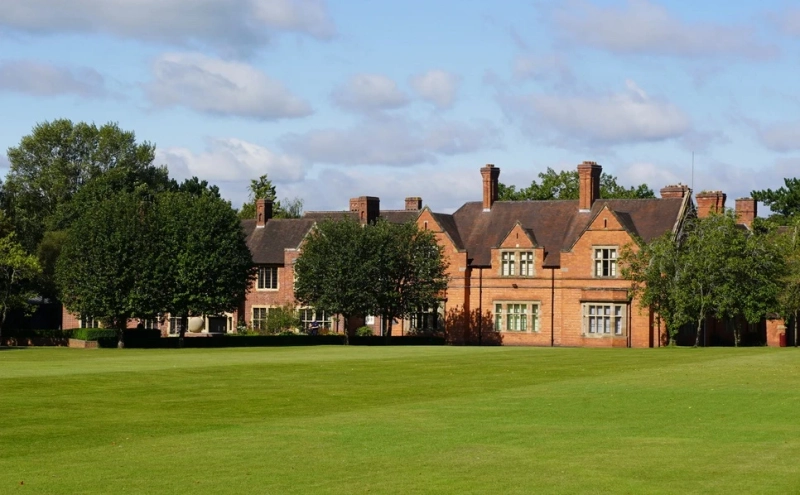Independent schools, often referred to as private schools, hold a significant and respected position within the UK’s educational landscape. Known for their academic excellence, personalized education, and rich histories, these institutions offer a distinctive approach to learning. This article explores the defining characteristics of independent schools in the UK, their benefits, and considerations for families contemplating this educational route.
Defining Independent Schools: Private schools in the UK are characterized by their autonomy from government control and funding. Instead, they are financed through tuition fees, donations, and endowments. This financial independence allows these schools to develop and implement their own curricula, teaching methods, and school policies, often leading to innovative and enriched educational experiences.
Academic Excellence: One of the hallmarks of private schools is their commitment to academic excellence. These schools typically offer rigorous academic programs, often featuring smaller class sizes that allow for more personalized attention and tailored instruction. The curriculum in independent schools is frequently broader than the national curriculum, providing opportunities for advanced study in various subjects and fostering critical thinking and intellectual curiosity.
Extracurricular Opportunities: Independent schools place a strong emphasis on extracurricular activities, recognizing their importance in developing well-rounded individuals. Students have access to a wide range of activities, including sports, arts, music, drama, and community service. These programs not only enhance the educational experience but also help students develop leadership skills, teamwork, and personal interests.
Holistic Development: Beyond academics, independent schools focus on the holistic development of their students. This includes comprehensive pastoral care programs that support students’ emotional and social well-being. Schools often have dedicated pastoral staff and robust support systems in place to ensure that each student feels valued and supported. Character education, including values such as integrity, empathy, and responsibility, is also a core component of the independent school experience.
Impressive Facilities: Many independent schools boast state-of-the-art facilities, including modern classrooms, well-equipped laboratories, extensive libraries, sports complexes, and arts centers. These facilities provide an environment conducive to learning and personal growth, allowing students to explore their interests and talents fully.
Historical Significance and Tradition: Many independent schools in the UK have a long history and tradition of excellence. Schools such as Eton College, Harrow School, and Westminster School have been educating students for centuries and are renowned for their contributions to British education and society. This rich heritage often imbues these schools with a strong sense of identity and community, which can be a significant draw for families.
Considerations for Families: When considering independent schools, families should take into account several factors:
Tuition Fees: Independent schools can be expensive, so it’s essential to consider the financial commitment involved. Some schools offer scholarships and bursaries to support students from various backgrounds.School Ethos: Each independent school has its own ethos and values. Families should ensure that the school’s philosophy aligns with their own values and expectations.Academic and Extracurricular Balance: Consider the balance between academic rigor and extracurricular opportunities. A well-rounded education that includes both is often beneficial for personal and intellectual development.Location and Boarding Options: Some independent schools offer boarding facilities, which can be a consideration for families seeking a residential educational experience.Success and Alumni Network: Research the school’s track record of academic success and university placements. Additionally, a strong alumni network can provide valuable connections and opportunities for students in the future.Conclusion: Independent schools in the UK offer a unique and enriched educational experience, characterized by academic excellence, holistic development, and impressive facilities. These institutions provide a nurturing environment where students can thrive both academically and personally. By carefully considering factors such as tuition fees, school ethos, and the balance between academics and extracurricular activities, families can make informed decisions about their child’s education, setting them on a path to success and lifelong learning.
Original Source: Independent Schools UK



